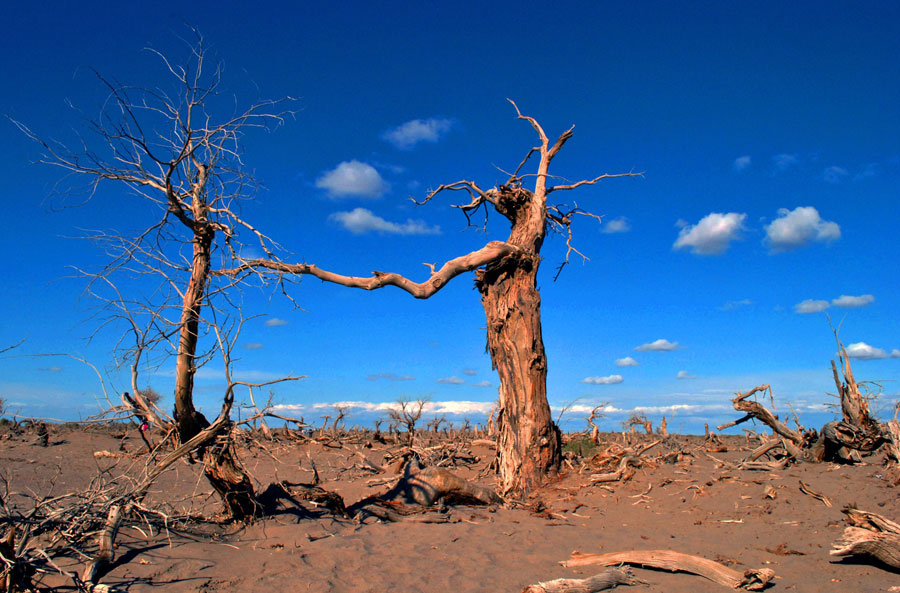 |
|
[Photo by Matt Hodges/chinadaily.com.cn]
Baotou is famous for its rare-earth deposits and Saihantala, an urban grassland where deers can still be found (Baotou means "land rich in deer"). Due to the number of sightseeing spots within a drivable radius of the city, spending a few hours planning your trip with a decent map pays dividends. Would you rather see the oldest section of the Great Wall, stretch your legs in the burnished sands of the Black City Ruins along the old Silk Road, or practice your Mongolian throat-warbling skills at Genghis Khan's mausoleum in Ordos? As many people make pilgrimages from remote parts of Mongolia to worship the Khan, it may be better to avoid singing unless you’re actually really good at it. This time-honored tradition of laryngeal crooning is known in Chinese as humai. Just don’t expect to see the warrior-god’s embalmed corpse. No one knows where his remains lie. Wild wolves and ethnic-Kazakhs hunting foxes with birds of prey are equally absent. These are rare enough on the other side of the Chinese-Mongolian border, where the nomads’ circular yurts, or gers, act more like summer homes these days than full-time residences. |
|
|
|
|
|
|
|
|